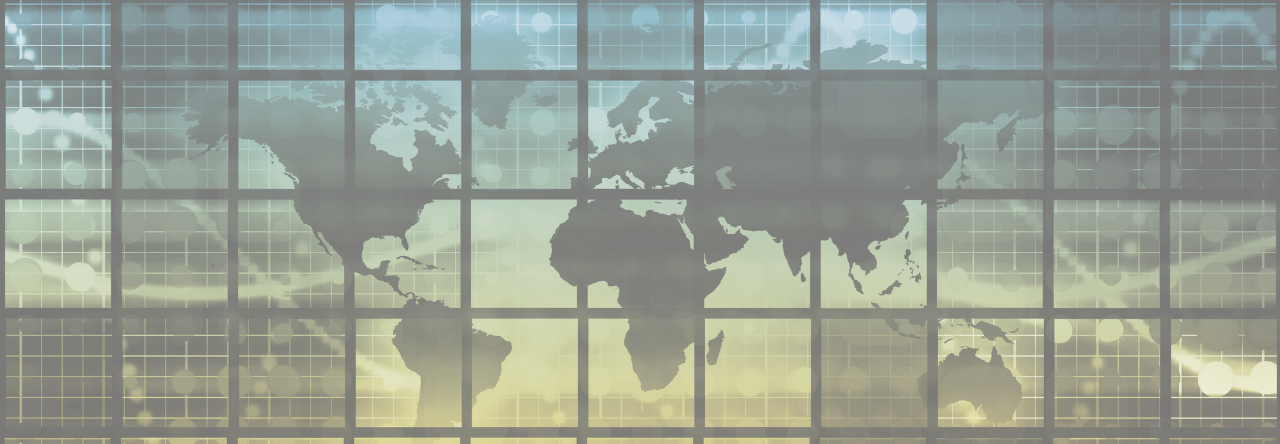This article is the English version of Jacob Zenn,
« L’armée nigérianne et Boko Haram : les « supercamps » peuvent-ils tenir le statu quo ? », published in Politique étrangère, Vol. 86, Issue 1, 2021.

Although Boko Haram originated in 1994 and Nigeria’s first confrontations with the group occurred in 2003, Nigeria’s war against Boko Haram began only in 2010. Although military solutions are not imminent, since mid-2019 Nigeria’s army and Boko Haram’s two main factions, Islamic State-loyal Islamic State in West Africa Province (ISWAP) and non-aligned Jamaat Ahlussunnah lid-Dawa wal-Jihad (JASDJ), have reached a military stalemate. This article examines the stalemate in Nigeria’s Borno State and whether it can sustain the current status quo in Borno.
The article first reviews recent academic literature on Nigeria’s negotiations with Boko Haram and the consensus view that there are no current diplomatic paths to peace. The article then analyzes five military phases since 2010. While Nigeria’s army is now successfully defending Borno towns such that ISWAP and JASDJ cannot capture them, ISWAP and JASDJ still maneuver through a large enough swathe of rural Borno that they have some self-rule. Lastly, the article argues the stalemate is durable but long-term trends favor Boko Haram factions, particularly ISWAP.
There are various perspectives on Nigerian government negotiations with Boko Haram factions. However, most conclude there is low probability for diplomatic solutions. Kovacs, for example, acknowledged negotiations failed due to insincerity by both the government and JASDJ; government difficulty in identifying JASDJ’s actual representatives; and transnational influences, including ISWAP’s respecting Islamic State’s orders and the UN’s designating high-ranking JASDJ (and later ISWAP) member Mamman Nur a terrorist…
Read the rest of the article here.
>>> More articles of Politique étrangère are available for reading
on Cairn International <<<


Vous devez être connecté pour poster un commentaire.